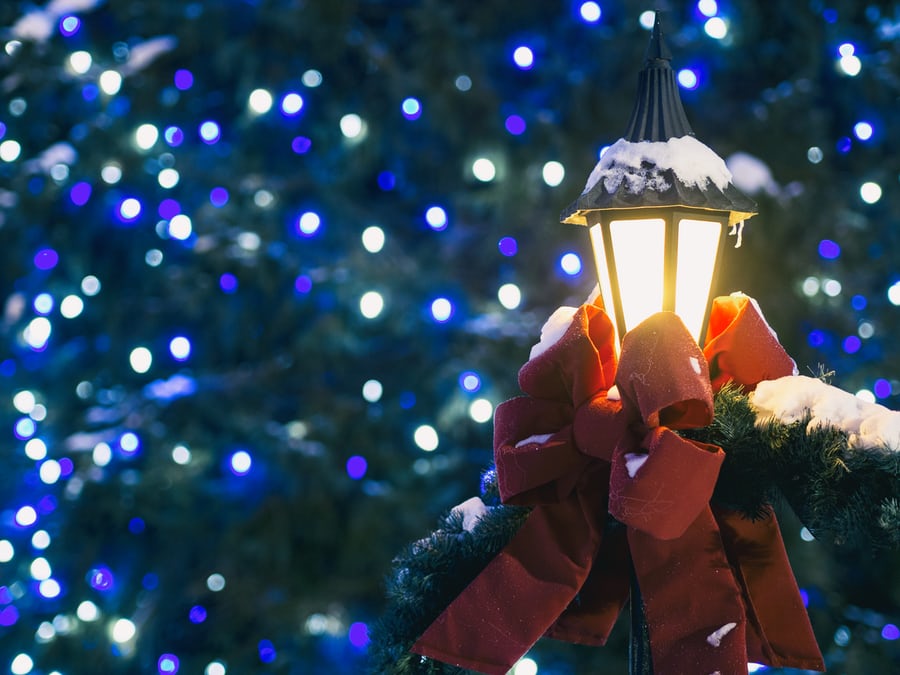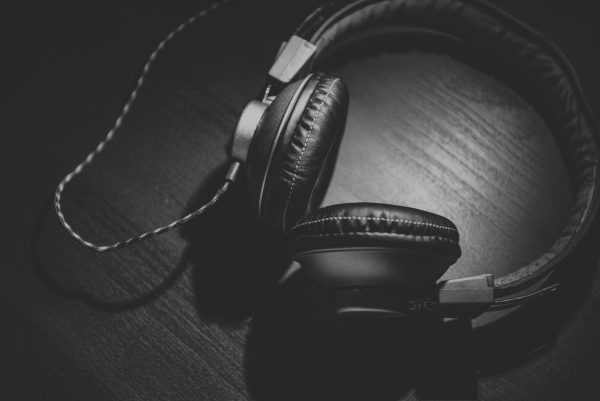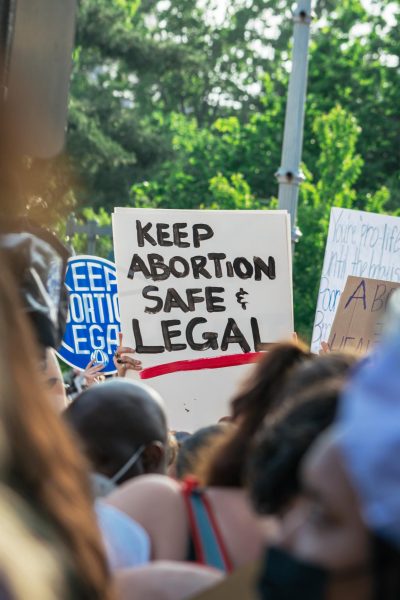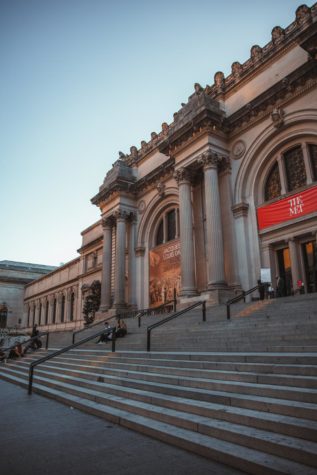Is it Holiday Season Yet?
November 14, 2020
Fall is greeted annually with warmth, tradition, and the anticipation of the holiday season. But when is the holiday season exactly?
Some may say that the day after Halloween is the beginning of the holiday season due to the fact that this is when most people hang their Christmas lights. Some argue that the holiday season starts immediately after summer ends, with Halloween as part of the annual series of celebrations. The widespread disagreement about the exact date of when the holiday season starts can be resolved with a simple definition of the core principles that characterize the holiday season.
The months of October, November, and December seem to fly, and before we know it, the new year is upon us. The key characteristic of these months is the weather. Dropping temperatures and shorter days spur a feeling of warmth caused by the acknowledgment of the holiday season’s start.
In addition, the cold weather signifies the solidity of new relationships, as most schools in the nation start in September. By October, most people have already established their inner social circle. As the holiday season progresses, the social groups create group Halloween costumes, prepare matching ugly sweaters, and give horrible gifts for Secret Santa games. With weather as the line of reasoning, the holiday season would start around the last weeks of October for the Northeast, earlier for northern parts of the US, and later for southern parts.
Perhaps the best definition of the holiday season is the actual holidays. The holidays of Christmas and Thanksgiving are almost universally celebrated which leads most to define the holiday season as beginning in the weeks leading up to Thanksgiving.
However, the crux of each holiday is the celebration. With Thanksgiving and Christmas, it is not uncommon to have a large gathering, or at least some special recognition of the day. What other holiday also includes this tradition? Halloween. Therefore, Halloween should be considered a part of the holiday season because it signals the first gatherings in a series of holiday fun.
Another example of why Halloween should be considered part of the holiday season is the television specials. The broadcast of special holiday-themed movies and specials is key to ensuring the whole holiday package. One important American tradition that exemplifies this is the Charlie Brown specials. Yes, you guessed it: there is a Charlie Brown Halloween special. In addition, many other classic Halloween movies are broadcasted on major channels and every television show on the air, from sitcoms to dramas, airs a Halloween episode.
In America, perhaps the greatest signal of the holiday season is the bourgeoisie holiday splurge, the time of year when multi-billion dollar corporations use our feelings of warmth to sell commercialized love. With Christmas, there are the presents, which basically consists of any sellable item. For Thanksgiving, there’s the classic Thanksgiving meal, which is also the only time anyone ever goes to Boston Market. And for Halloween, there’s the massive buying of wholesale candy and overpriced costumes. Due to this crucial fact, Halloween invokes the same feelings of capitalism and warmth that all other holidays create.
The holiday season is when we spend time with loved ones, huddled up inside during the bleak winter months. The true signal of the holiday season is the overwhelming feeling of anticipation that pervades the air through work, school, and any place with people. This is yet another reason why Halloween should be considered part of the holiday season. Very few people look forward to holidays like Labor Day or Columbus Day besides for the day off from school or work, but in the weeks leading up to Halloween, the planning of costumes, parties, and trick-or-treating creates the same holiday vigor that defines the “Holiday Season.”













